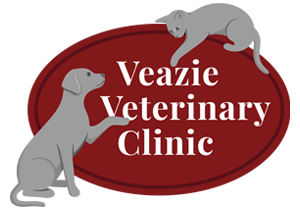Why adopt from a shelter?
Each year, approximately 5 to 7 million animals enter a shelter in the United States. It is impossible to determine the exact number of stray dogs and cats, but according to the ASPCA, the estimated number of cats is 70 million.
New England has seen an increase in the number of pets, and shelter pets, from the South. There are several factors contributing to this increase. For instance: a rising pet population, animal right organizations saving pets from kill shelters, and natural disasters, like Hurricane Katrina.
Adopting from a shelter can help reduce pet overpopulation and lower the number of animals that are euthanized each year.
So, what is the first step toward adopting a shelter pet? First, make sure you find the right dog or cat for your lifestyle, and make sure he or she is healthy. Here is some advice from us.
Adopting a Cat:
Most shelters spay and neuter cats, and vaccinate against rabies. Not all shelters give distemper vaccines or test for Feline Leukemia Virus. It is important to ask for the full medical history of the cat. If it has not been tested for feline leukemia, you should consider a vet visit to make sure they are negative before introducing them to other household cats. Feline leukemia is present in saliva and nasal secretions, in urine, feces, and milk from infected cats. Transmission may occur from a bite wound, during mutual grooming, or sometimes through the shared use of litter boxes and feeding dishes.
Distemper Vaccine is a two shot series, so even if your adopted cat has had his first shot, he still needs a second shot in about 4 weeks. The feline distemper vaccine is important in preventing airborne viruses common in shelters. Many shelter cats develop upper respiratory infections as a result of stress from shelter life. Monitor for symptoms of weepy eyes, sneezing or congestion. When adopting a new cat, it’s always a good idea to meet with a veterinarian to see what your new pet may need.
Consider your lifestyle when deciding to adopt a cat versus a kitten. There is a large difference on initial health car costs as well as the amount of attention your new cat or kitten will need.
Adopting a Dog:
Rescues, whether online or not, typically spay or neuter dogs before placing them in a new home. It is common practice for shelter dogs to receive their rabies vaccine as well their first distemper vaccine and heartworm test. However, not all of the online rescues are compliant with State of Maine licensing laws, and we have seen an increased prevalence of both parvovirus and heartworm. Always ask for a complete medical history of the dog you are adopting before you adopt.
It is strongly advised to schedule a vet visit to ensure your pet’s health, and to ensure other dogs or cats in your household are protected from any potential ailments.
When adopting a dog from a rescue, be sure to consider whether a dog or a puppy would be best for you. When choosing a puppy, it is sometimes a genetic gamble. It may be difficult to know how large it will grow, what its temperament will be, what type of coat it may have, or what medial problems may develop. Be mindful of the puppy’s lifestyle at the shelter: whether it was well socialized, was highly stressed in its living environment. Puppyhood is the key time for learning. Keep in mind this could lead to future behavioral problems.
If you are interested in an adult dog, a shelter or rescue may be a good option for you. Understand that while under stress, the behavior you witness at the shelter may not be the pet’s true colors. Look for dogs that are approachable, and measure whether you and this dog will be a good fit for each other. Some things to consider: the dog’s energy level/exercise requirements; daily mental activity requirements; friendliness toward children/other pets; and lifestyle requirements (i.e. big yard/apartment life).
Always ask to socialize with the pet and visit a few times before adopting. Ask to take the dog for a walk on a leash, or meet another dog that will be in their new environment. See how they react to unexpected sounds and smells. In the end the chemistry between you and the dog will make all the difference!





